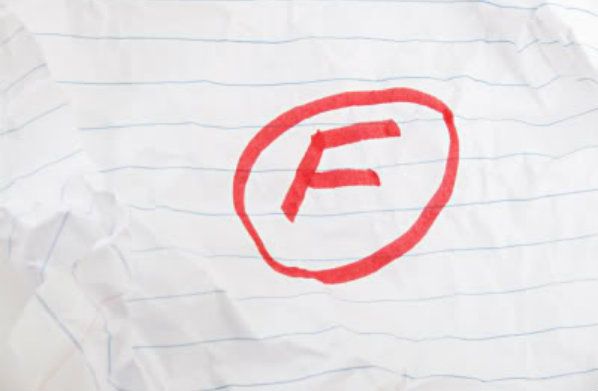Maybe it’s because of waste, fraud, and abuse; scandals that get covered up; or our exhaustion with regulators in Washington telling us what to do with our everyday lives, but we don’t like federal agencies very much.
Whatever the impetus, according to a the American Customer Satisfaction Index, satisfaction with federal agencies has hit an eight-year low of 63.9 in 2015 –a drop of 0.8 percent. It has been falling slightly every year for three years in a row. There are few industries that we dislike even more than the government: cable companies and internet service providers.
The report notes:
Though overall customer satisfaction in the U.S. economy also has been slumping, user satisfaction with federal and local government services remains significantly below the private sector. The national ACSI score, a combination of all public and private sector ACSI measures, is 10 points higher. But the gap between public and private sector has narrowed slightly, as customer satisfaction in the latter has suffered a larger deterioration over a longer period of time.
Guess what the lowest-scoring federal department was? That’s right, the Treasury Department which includes the IRS. The Treasury scored just 55 points, but it seems the investment in technology may be paying off with Americans. E-filers have a satisfaction 20 points higher than those who rely on snail mail to file their taxes.
Rounding out the bottom three are the Justice Department at 59 and the Department of Veterans Affairs (VA) at 60. There’s no shortage of explanations for why these agencies fare so badly, including the VA's ongoing scandal about the treatment of veterans.
The National Park Service (NPS) scored highest with a 75. It’s followed by the State Department at 71. These high scores could be due the popularity of visits to the parks and services such as the issuing of passports. Or it may just be that most Americans don't have much dealing with Foggy Bottom. Defense comes in third at 70.
CBS News reports:
The declines represent some backsliding for the U.S. government, given that satisfaction saw some improvement in 2011 and 2012, which may have been the result of spending in the wake of the recession. While the comparison with private enterprise isn't apples to apples given the nature of government services, the findings have some implications for bureaucrats.
"Satisfaction is linked to broader goals in the political system that it wants to maximize, like confidence and trust," said Forrest Morgeson, director of research at the ACSI. "It's much more difficult to govern if the entire population dislikes you."
…
Despite the overall lower score for the government, there were some signs of improvement in citizens' experiences, with the feds earning improved scores in customer service and information, which means many citizens believe agencies are delivering information in a clearer way than a year ago.
With regard to spending taxpayer dollars in the wake of the recession, this could just as well be cited as a reason for unpopularity of the federal government. The taxpayer knows that much of this money was wasted–but that doesn't mean the bill isn't coming due.
The idea that federal agencies are delivering information somewhat better than a year ago is a paltry achievement. What this report seems to show is that any agency that has direct contact with citizens is more unpopular than those that don't. The only mystery is why the Treasury, with which we all have contact on April 15, scores at 55 percent.


